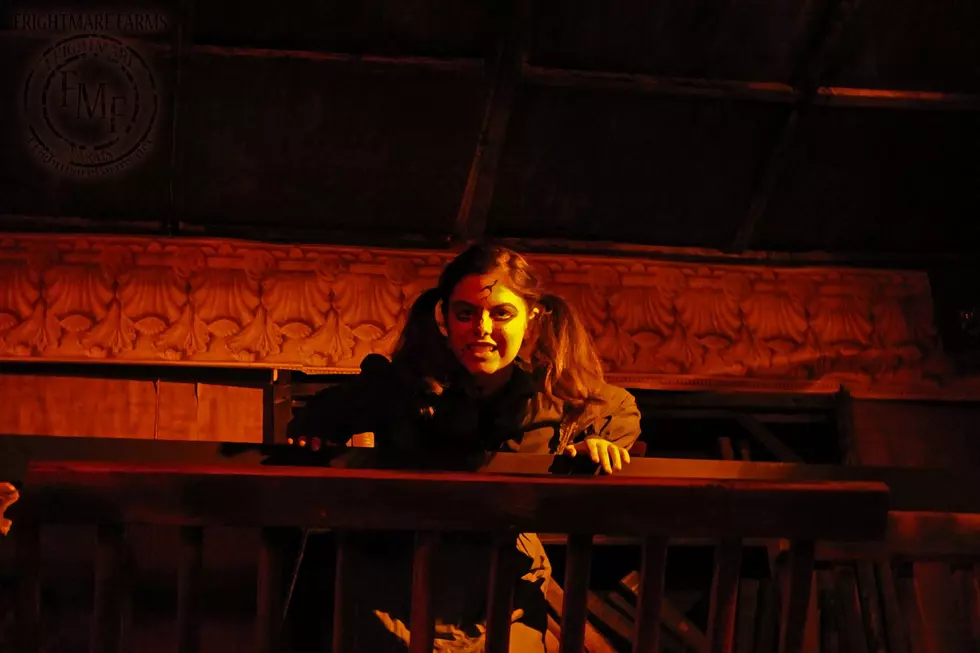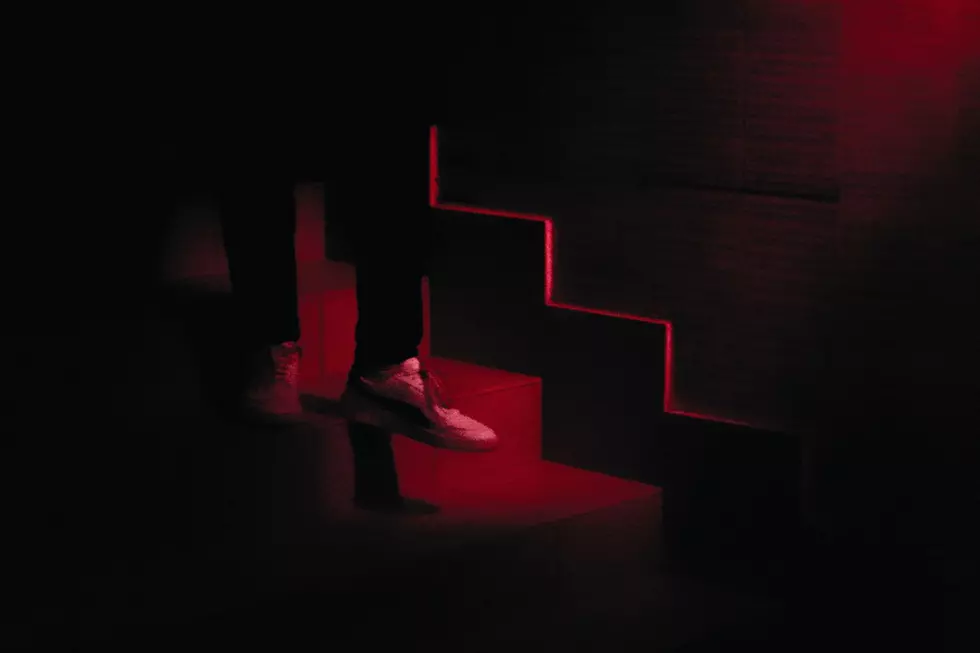
Would You Buy A Haunted House?
Apparently 49% of people surveyed wouldn't even consider it.
Unsurprisingly, haunted houses are difficult to move. Let's face it--most people would rather not make their home at the site of some kind of crime or tragedy. Haunted houses are stigmatized, which doesn't mean much except that the phrase triggers an emotional response in potential buyers, and that response is to turn around and walk away. 49% of people said that if they heard their prospective house is haunted, no amount of price cuts or added perks could change their mind about considering other options. Others said that such conditions wouldn't play a role in their decision, and the rest said that they would need some kind of incentive to buy a haunted house, like a bigger kitchen or a very good neighborhood.
The problem with trying to sell houses that are said to be haunted is that most of the time, there isn't anything wrong with the structural integrity. If a house has a leaky roof or a crumbling foundation, realtors are required to disclose that, but as for stigmas, that's where the lines get blurred. In New York, realtors are required to say that a house is haunted if it's general public knowledge. A case where a realtor failed to do so even made headlines in 1991--the realtor had made claims in a local newspaper that the property was haunted, but failed to mention it to the buyer. The courts ruled in favor of the buyer, who got their down payment back. However, rules about this particular subject vary by state; for instance, in California real estate agents have to disclose whether or not someone has died in the house within the last three years.
Would you move into a house that was said to be haunted? Personally, I wouldn't, because I've seen enough scary movies to know that it never ends well, but it's still a very interesting prospect.
More From WZOZ







